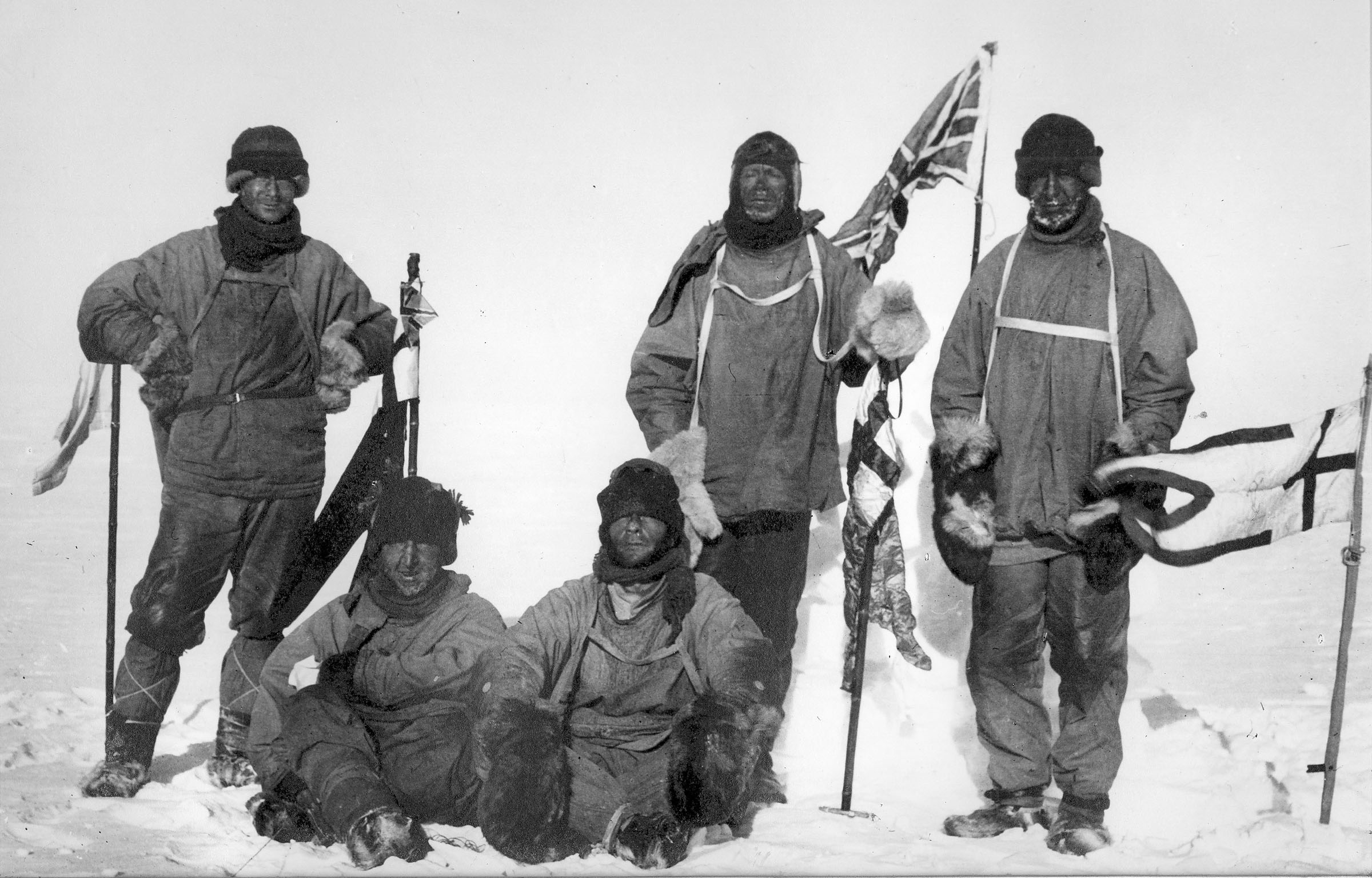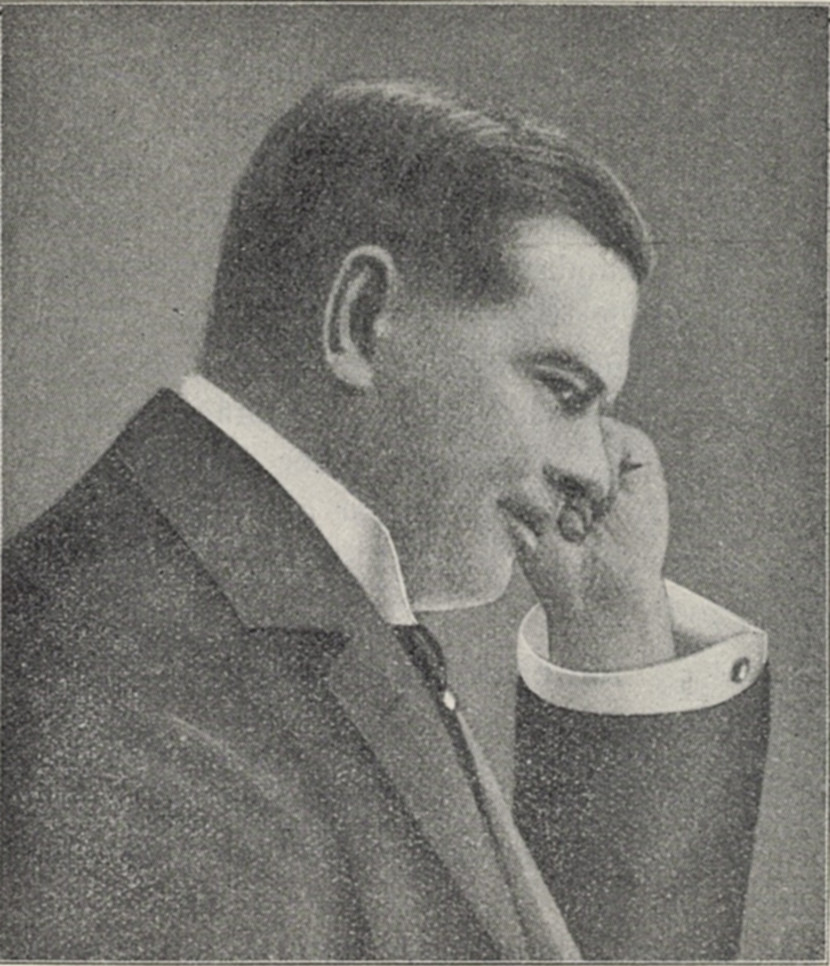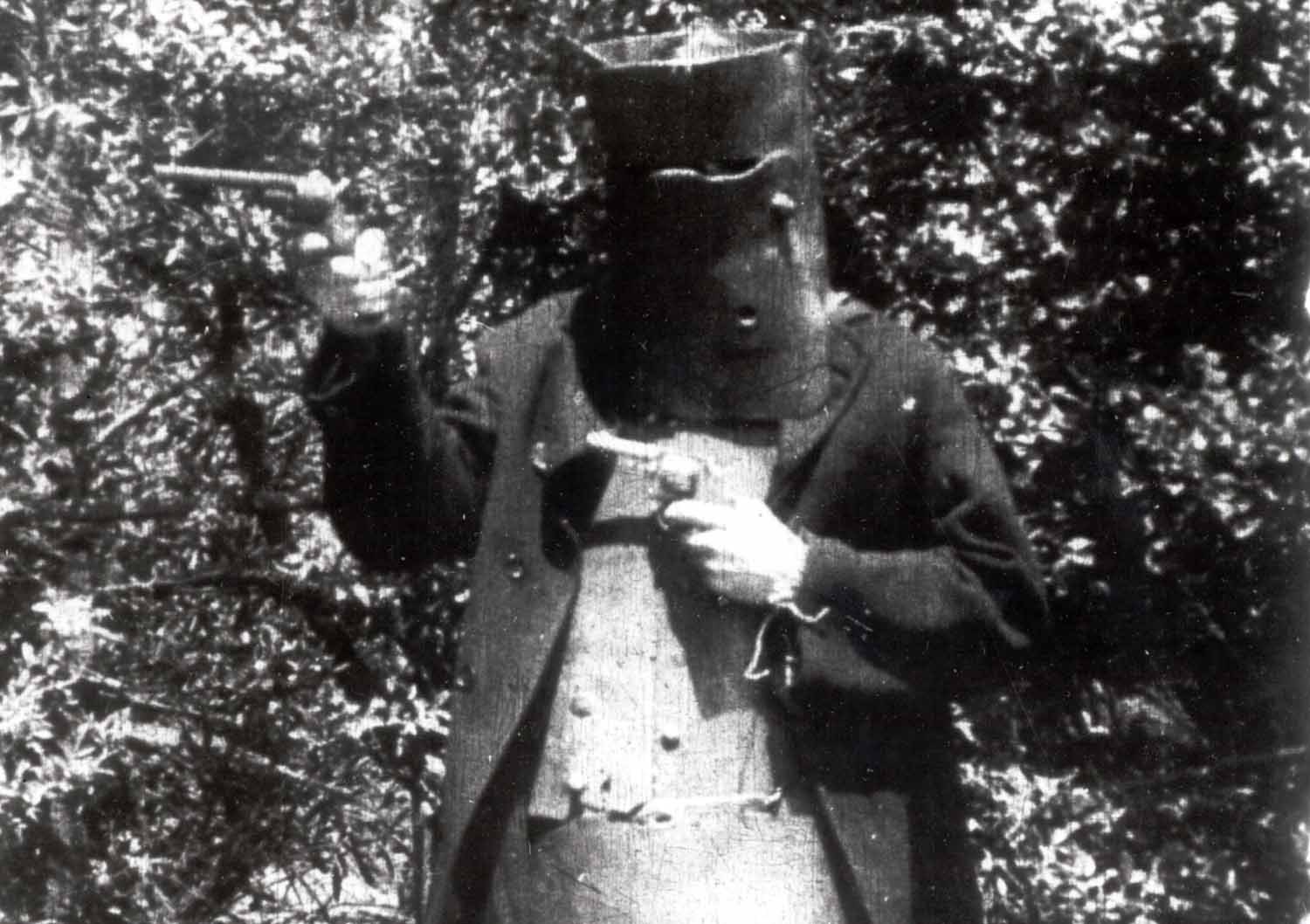|
1912 In The United Kingdom
Events from the year 1912 in the United Kingdom. Incumbents * Monarch – George V * Prime Minister – H. H. Asquith (Liberal) * Parliament – 30th Events * 1 January – General Post Office (GPO) takes over National Telephone Company. * 17 January – British polar explorer Robert Falcon Scott and a team of four reach the South Pole to find that Roald Amundsen had beaten them to it. * 31 January – G. K. Sowerby's drama '' Rutherford and Son'' premières at the Royal Court Theatre in London. * 2 February – ''With Our King and Queen Through India'', a 2-hour Kinemacolor feature film of the Delhi Durbar of 1911 made by Charles Urban, is first shown at the Scala Theatre, London. * 26 February–6 April – National coal strike of 1912.''The Annual Register''. * 1 March – suffragettes smash shop windows in the West End of London, especially around Oxford Street. * 16 March – Lawrence Oates, ill member of Scott's South Pole expedition leaves the tent saying, "I am jus ... [...More Info...] [...Related Items...] OR: [Wikipedia] [Google] [Baidu] |
1912 In Ireland
Events in the year 1912 in Ireland. Events * 8 February – The First Lord of the Admiralty Winston Churchill addressed a pro-Home Rule meeting in Belfast despite Ulster Unionist attempts to prevent him speaking. He shared the platform with John Redmond, the leader of the Irish Parliamentary Party. * 31 March – John Redmond, Eoin MacNeill, Patrick Pearse, Tim Healy and others addressed a monster meeting of 200,000 people in favour of Home Rule at the General Post Office, Dublin. * 9 April – 250,000 Orangemen converged on Balmoral Showground in Belfast, declaring that under no circumstances would they accept Home Rule. * 11 April – The Prime Minister of the United Kingdom H. H. Asquith introduced the Third Home Rule Bill in the House of Commons of the United Kingdom. * 12 April – A convention of Sinn Féin delegates led by Arthur Griffith opposed the Home Rule Bill. * 14 April – The , the largest vessel in the world, built in Belfast and making her last call at Q ... [...More Info...] [...Related Items...] OR: [Wikipedia] [Google] [Baidu] |
Robert Falcon Scott
Captain Robert Falcon Scott, , (6 June 1868 – c. 29 March 1912) was a British Royal Navy officer and explorer who led two expeditions to the Antarctic regions: the ''Discovery'' expedition of 1901–1904 and the ill-fated ''Terra Nova'' expedition of 1910–1913. On the first expedition, he set a new southern record by marching to latitude 82°S and discovered the Antarctic Plateau, on which the South Pole is located. On the second venture, Scott led a party of five which reached the South Pole on 17 January 1912, less than five weeks after Amundsen's South Pole expedition. A planned meeting with supporting dog teams from the base camp failed, despite Scott's written instructions, and at a distance of 162 miles (261 km) from their base camp at Hut Point and approximately 12.5 miles (20 km) from the next depot, Scott and his companions died. When Scott and his party's bodies were discovered, they had in their possession the first Antarctic fossils ever discov ... [...More Info...] [...Related Items...] OR: [Wikipedia] [Google] [Baidu] |
Scala Theatre
The Scala Theatre was a theatre in Charlotte Street, London, off Tottenham Court Road. The first theatre on the site opened in 1772, and the theatre was demolished in 1969, after being destroyed by fire. From 1865 to 1882, the theatre was known as the Prince of Wales's Theatre (not to be confused with Prince of Wales Theatre). Origins The theatre began on this site as The New Rooms where concerts were performed, in Charlotte Street, in 1772, under the management of Francis Pasquali. Popularity, and royal patronage led to the building's enlargement by James Wyatt, and its renaming as the King's Concert Rooms (1780–1786). It then became Rooms for Concerts of Ancient Music and Hyde's Rooms (1786–1802, managed by ''The Directors of Concerts and Ancient Music''). In 1802, a private theatre club managed by Captain Caulfield, the ''"Pic-Nics"'', occupied the building and named it the Cognoscenti Theatre (1802–1808). It became the New Theatre (1808–1815) and was extended and ... [...More Info...] [...Related Items...] OR: [Wikipedia] [Google] [Baidu] |
Charles Urban
Charles Urban (April 15, 1867 – August 29, 1942) was an Anglo-American film producer and distributor, and one of the most significant figures in British cinema before the First World War. He was a pioneer of the documentary, educational, propaganda and scientific film, as well as being the producer of the world's first successful motion picture colour system. Early life Urban was born Carl Urban in Cincinnati, Ohio, the second child (of ten) of Joseph Urban, originally from Ronsberg, Austro-Hungary, and Anna Sophie (née Glatz), from Königsberg, East Prussia. He lost the sight in his left eye aged twelve after a baseball accident. He changed his names to Charles after leaving school in 1882, then worked as a book agent across Ohio, before managing a stationery store in Detroit, Michigan. Career Urban first entered the film industry in 1895 when he exhibited the Kinetoscope in Detroit, Michigan early in 1895. He moved to Britain in August 1897, and became managing director of t ... [...More Info...] [...Related Items...] OR: [Wikipedia] [Google] [Baidu] |
Delhi Durbar
The Delhi Durbar ( lit. "Court of Delhi") was an Indian imperial-style mass assembly organized by the British at Coronation Park, Delhi, India, to mark the succession of an Emperor or Empress of India. Also known as the Imperial Durbar, it was held three times, in 1877, 1903, and 1911, at the height of the British Empire. The 1911 Durbar was the only one that a sovereign, George V, attended. The term was derived from the common Persian term ''durbar''. Durbar of 1877 Called the "Proclamation Durbar", the Durbar of 1877, for which the organisation was undertaken by Thomas Henry Thornton, was held beginning on 1 January 1877 to proclaim Queen Victoria as Empress of India by the British. The 1877 Durbar was largely an official event and not a popular occasion with mass participation like later durbars in 1903 and 1911. It was attended by the 1st Earl of Lytton—Viceroy of India, maharajas, nawabs and intellectuals. This was the culmination of transfer of control of British In ... [...More Info...] [...Related Items...] OR: [Wikipedia] [Google] [Baidu] |
Feature Film
A feature film or feature-length film is a narrative film (motion picture or "movie") with a running time long enough to be considered the principal or sole presentation in a commercial entertainment program. The term ''feature film'' originally referred to the main, full-length film in a cinema program that included a short film and often a newsreel. Matinee programs, especially in the US and Canada, in general, also included cartoons, at least one weekly serial and, typically, a second feature-length film on weekends. The first narrative feature film was the 60-minute ''The Story of the Kelly Gang'' (1906, Australia). Other early feature films include ''Les Misérables'' (1909, U.S.), ''L'Inferno'', ''Defence of Sevastopol'' (1911), '' Oliver Twist'' (American version), '' Oliver Twist'' (British version), '' Richard III'', ''From the Manger to the Cross'', ''Cleopatra'' (1912), '' Quo Vadis?'' (1913), ''Cabiria'' (1914) and ''The Birth of a Nation'' (1915). Description The ... [...More Info...] [...Related Items...] OR: [Wikipedia] [Google] [Baidu] |
Kinemacolor
Kinemacolor was the first successful colour motion picture process, used commercially from 1908 to 1914. It was invented by George Albert Smith in 1906. He was influenced by the work of William Norman Lascelles Davidson and, more directly, Edward Raymond Turner. It was launched by Charles Urban's Urban Trading Co. of London in 1908. From 1909 on, the process was known and trademarked as Kinemacolor. It was a two-colour additive colour process, photographing and projecting a black-and-white film behind alternating red and green filters. Process "How to Make and Operate Moving Pictures" published by Funk & Wagnalls in 1917 notes the following: Premiere The first motion picture exhibited in Kinemacolor was an eight-minute short filmed in Brighton titled ''A Visit to the Seaside'', which was trade shown in September 1908. On 26 February 1909, the general public first saw Kinemacolor in a programme of twenty-one short films shown at the Palace Theatre in London. The proce ... [...More Info...] [...Related Items...] OR: [Wikipedia] [Google] [Baidu] |
With Our King And Queen Through India
''With Our King and Queen Through India'' (1912) is a United Kingdom of Great Britain and Ireland, British Documentary film, documentary. The film is silent film, silent and made in the Kinemacolor additive color process. The film records the 12 December 1911 celebrations in India which marked the coronation of George V and Mary of Teck and their proclamation as Emperor and Empress of India. The film is often referred to as ''Delhi Durbar, The Delhi Durbar'' or ''The Durbar at Delhi''. Although it is commonly referred to as a single film, it is more accurate to think of it as a set of films documenting the royal visit to India in December 1911, with the Durbar ceremony as the centrepiece. Different showings of ''With Our King and Queen Through India'' would be made up of different sets of the films, so that the show (a more accurate concept) was exhibited in several different lengths. Today only two reels survive, one showing a review of troops after the main ceremony and the ot ... [...More Info...] [...Related Items...] OR: [Wikipedia] [Google] [Baidu] |
The Journal (Newcastle Upon Tyne Newspaper)
''The Journal'' is a daily newspaper produced in Newcastle upon Tyne. Published by ncjMedia, (a division of Reach plc), ''The Journal'' is produced every weekday and Saturday morning and is complemented by its sister publications the '' Evening Chronicle'' and the ''Sunday Sun''. The newspaper mainly has a middle-class and professional readership throughout North East England, covering a mixture of regional, national and international news. It also has a daily business section and sports page as well as the monthly ''Culture'' magazine and weekly property supplement Homemaker. News coverage about farming is also an important part of the paper with a high readership in rural Northumberland. It was the named sponsor of Tyne Theatre on Westgate Road during the 2000s, until January 2012. The first edition of the ''Newcastle Journal'' was printed on 12 May 1832, and subsequent Saturdays, by Hernaman and Perring, 69 Pilgrim Street, Newcastle. On 12 May 2007, ''The Journal'' celeb ... [...More Info...] [...Related Items...] OR: [Wikipedia] [Google] [Baidu] |
The Guardian
''The Guardian'' is a British daily newspaper. It was founded in 1821 as ''The Manchester Guardian'', and changed its name in 1959. Along with its sister papers ''The Observer'' and ''The Guardian Weekly'', ''The Guardian'' is part of the Guardian Media Group, owned by the Scott Trust. The trust was created in 1936 to "secure the financial and editorial independence of ''The Guardian'' in perpetuity and to safeguard the journalistic freedom and liberal values of ''The Guardian'' free from commercial or political interference". The trust was converted into a limited company in 2008, with a constitution written so as to maintain for ''The Guardian'' the same protections as were built into the structure of the Scott Trust by its creators. Profits are reinvested in journalism rather than distributed to owners or shareholders. It is considered a newspaper of record in the UK. The editor-in-chief Katharine Viner succeeded Alan Rusbridger in 2015. Since 2018, the paper's main news ... [...More Info...] [...Related Items...] OR: [Wikipedia] [Google] [Baidu] |
Royal Court Theatre
The Royal Court Theatre, at different times known as the Court Theatre, the New Chelsea Theatre, and the Belgravia Theatre, is a non-commercial West End theatre in Sloane Square, in the Royal Borough of Kensington and Chelsea, London, England. In 1956 it was acquired by and remains the home of the English Stage Company, which is known for its contributions to contemporary theatre and won the Europe Prize Theatrical Realities in 1999. History The first theatre The first theatre on Lower George Street, off Sloane Square, was the converted Nonconformist Ranelagh Chapel, opened as a theatre in 1870 under the name The New Chelsea Theatre. Marie Litton became its manager in 1871, hiring Walter Emden to remodel the interior, and it was renamed the Court Theatre. Several of W. S. Gilbert's early plays were staged here, including ''Randall's Thumb'', ''Creatures of Impulse'' (with music by Alberto Randegger), ''Great Expectations'' (adapted from the Dickens novel), and ''On Gu ... [...More Info...] [...Related Items...] OR: [Wikipedia] [Google] [Baidu] |
Rutherford And Son
''Rutherford and Son'' is a play by Githa Sowerby (1876–1970), written in 1912. It premiered in London in the same year with four matinee performances at the Royal Court Theatre, Royal Court followed by a run of 133 performances at the Vaudeville Theatre. The production was directed by Norman McKinnel who also took the role of Rutherford. The same production opened at the Hayes Theater, Little Theater, New York, on Christmas Eve, 1912 and ran for 63 performances. ''The Times'' theatre critic, Arthur Bingham Walkley, called it "a play not easily forgotten, and full of promise for the future as well as of merit in itself", while the ''Saturday Review (London), Saturday Review'' thought it showed "what can be done in the modern theatre by keeping strictly to the point." Journalist Keble Howard, after an interview with Sowerby in 1912, wrote that, "''Rutherford and Son'' is a marvellous achievement...". Plot Rutherford, "a bull-headed capitalist who crushes his own children ben ... [...More Info...] [...Related Items...] OR: [Wikipedia] [Google] [Baidu] |



.jpg)



